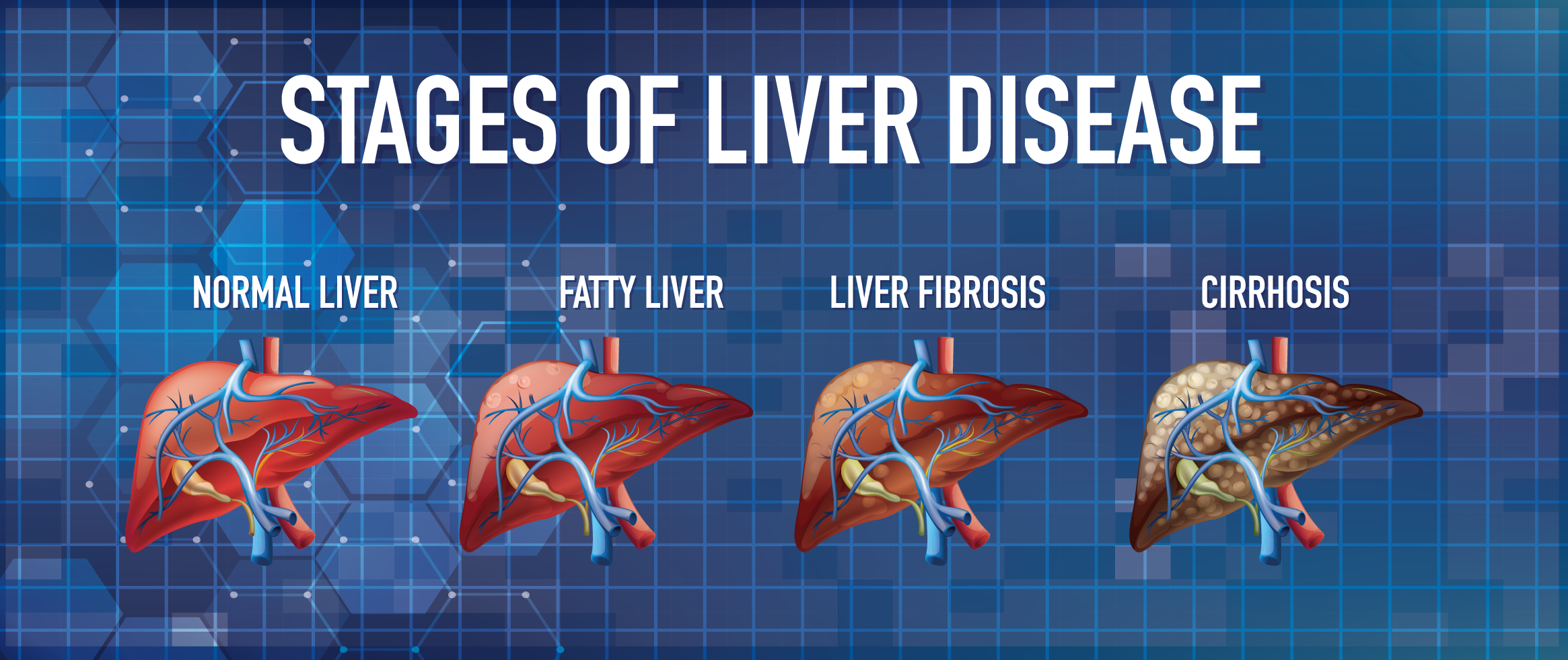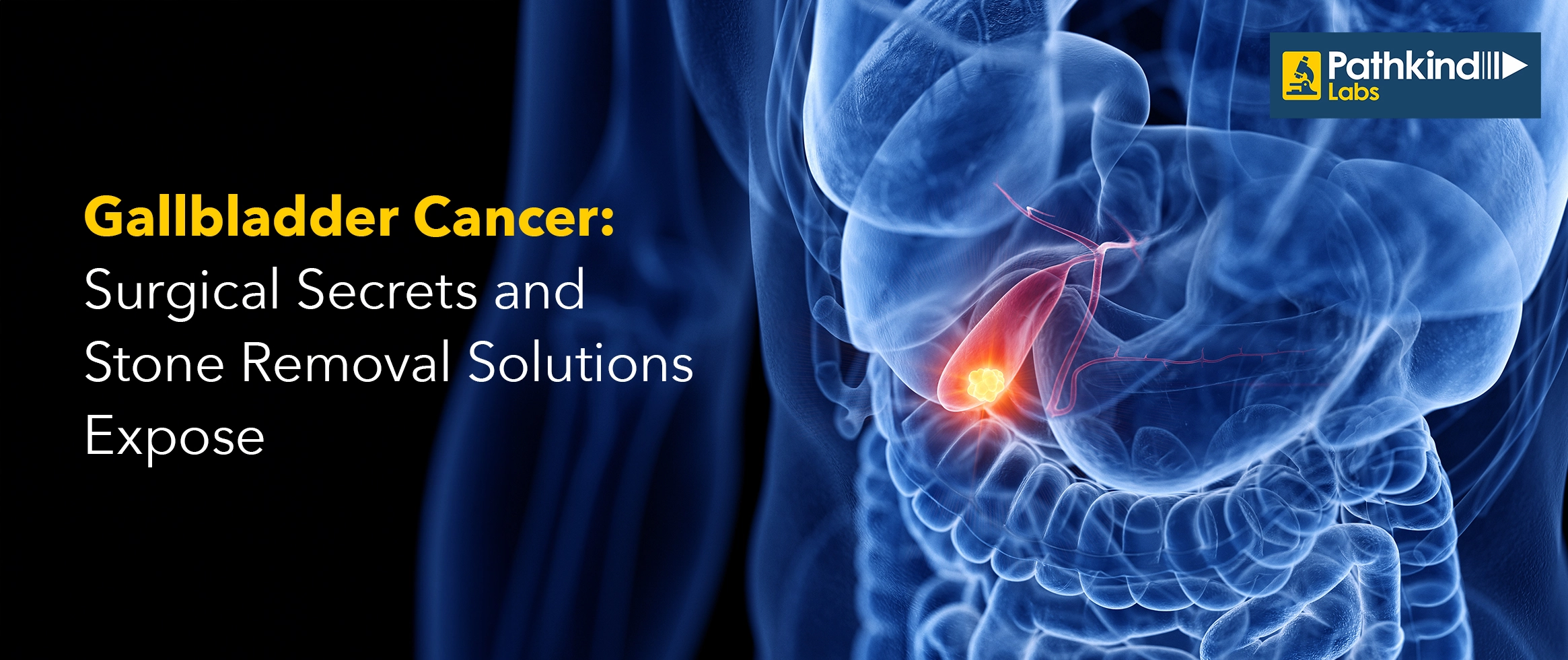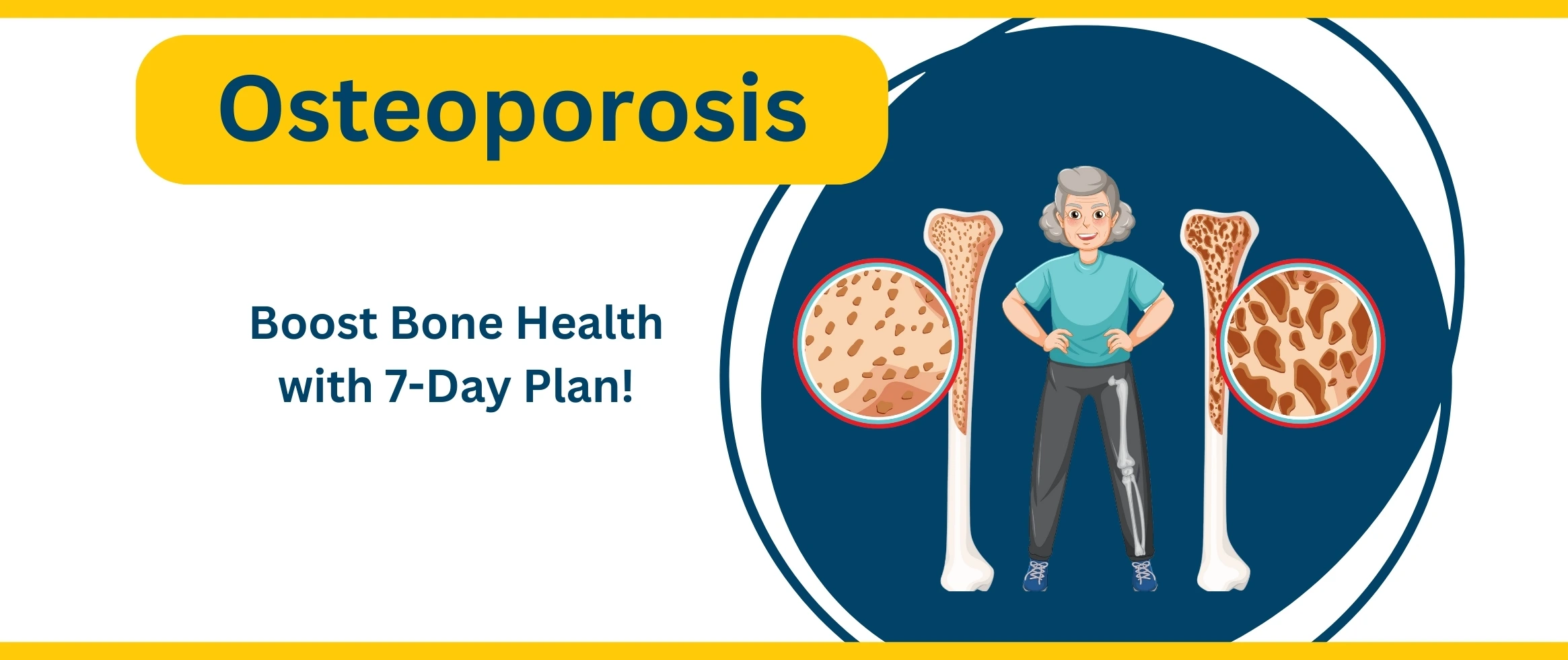Alkaline Phosphatase (ALP)

Gender for Male, Female

Report Tat
Daily 2 Hrs
No special preparation required

Sample Type
Serum
Test Overview
The alkaline phosphatase test is a diagnostic procedure that measures the level of alkaline phosphatase (ALP) in your blood. ALP is an enzyme primarily found in your liver, bones, and bile ducts. It plays a critical role in maintaining bone health and liver function.

 NABL approved
NABL approved Labs
 Most Trusted by
Most Trusted by Doctors
 Accuracy &
Accuracy & timely reporting
 Widest Range
Widest Range of Tests
Test Details
Frequently asked questions
The test measures ALP levels in your blood to assess liver and bone health.
High levels may suggest liver disease, bile duct obstruction, or bone disorders. Low levels could point to malnutrition or certain genetic conditions.
The alkaline phosphatase normal range typically falls between 44-147 IU/L but may vary slightly between labs.
A simple blood sample is drawn from a vein for analysis.
The test is safe, with minimal risks like slight bruising at the puncture site.
Individuals with symptoms of liver or bone disorders or those undergoing related treatments may need the test.
Fasting is not always required but may be recommended in specific cases.
The cost varies by location. Visit Pathkind Labs for affordable pricing details.



















